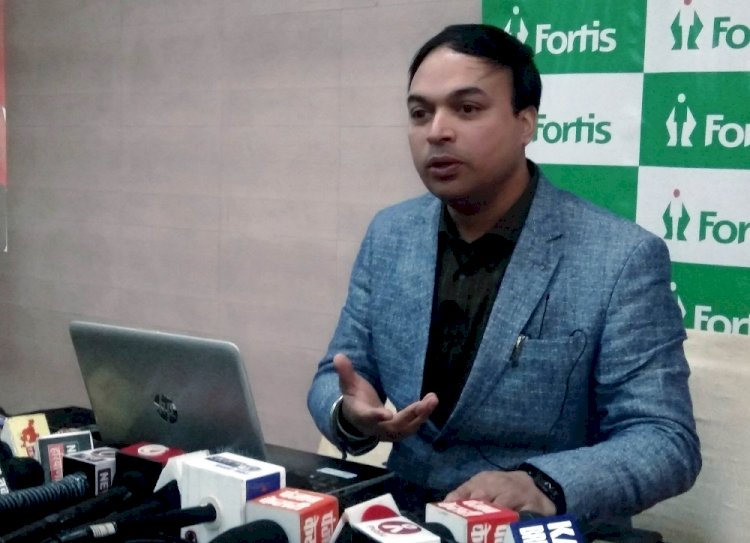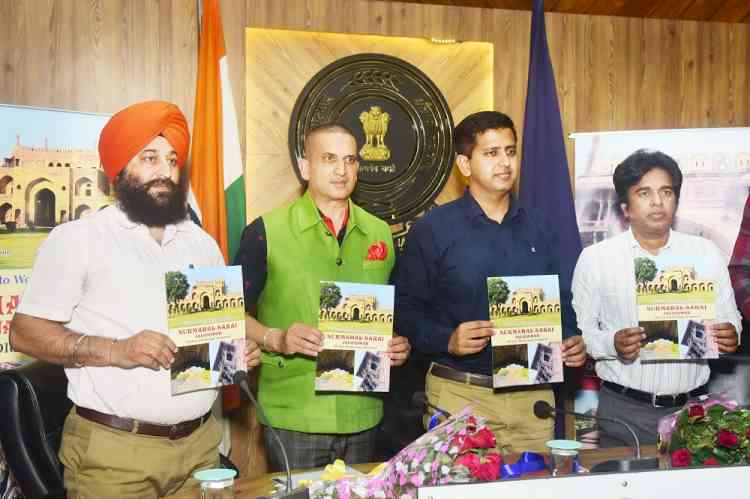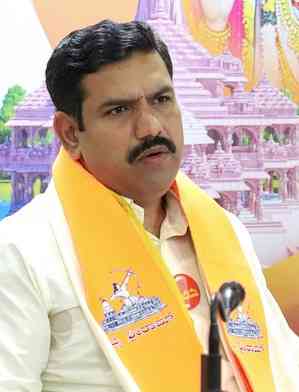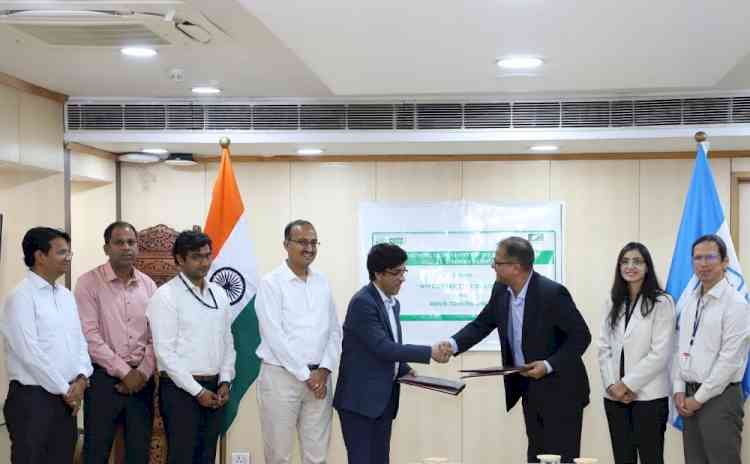Stay healthy, take care of your kidneys
Shun junk food, walk daily to have healthy kidneys: Dr Sunil Kumar

Kaithal: Consumption of junk food and little or no exercises are is the prime cause of increasing chronic kidney diseases in population as young as 30 to 50 years. To put a control on it, all of us should stop eating junk food, canned or tinned food, frozen food, not consume cold drinks and instead take as much as water and do regular exercise.
Dr Sunil Kumar, Senior Consultant and Kidney Transplant Surgeon from Fortis Hospital, Mohali said while interacting with media persons at Kaithal. He was talking about the kidney diseases and the need of awareness for keeping kidneys healthy.
Dr Sunil Kumar, who has been trained in kidney transplant at PGI Chandigarh and Oxford, England, said that he has been performing kidney transplants for tha past 11 years.
With an experience of more than 1000 kidney transplants Dr Sunil Kumar has also done research work on various reasons for developing kidney disease. He said that prevalence of kidney diseases like stones, infection, chronic kidney disease (CKD), drugs related kidney injury, cancer etc have increased manifolds in the last few decades. Also the fact is that younger individuals between 30-50 years are now more often reporting to doctors with underlying kidney diseases.
Currently it is the seventh common cause of death in India and its prevalence has increased by nearly 30% in last 15 years. This is mainly due to lifestyle diseases such as diabetes and high blood pressure. Apart from change of lifestyle certain foods/ habits also contribute to development of kidney diseases. These are believed to be consuming too much salt, pain medications / self medications, too much sweet, less of water, high protein diet, meat in excess (red meat), processed foods, alcohol, smoking, lack of sleep, lack of exercise, chronic sitting and holding pee for too long.
He added that self medications for long time have adverse effect on kidneys and it should be avoided.
Since chronic kidney diseases are rising health problem in India and worldwide, Dr Sunil also told about CKD, its diagnosis and treatment. He added that CKD affects nearly 10% of world population and is associated with approx 735,000 deaths annually.
Every year 1 lakh new CKD patients are detected and at any given time nearly 130000 patients are receiving hemodialysis. The matter of concern is that number of patients on dialysis is increasing by 10-15% every year. Over 50 % of the CKD patients are first seen in Stage 5.
Out of them 90% patients die without receiving any transplant or dialysis. Only 10% patients receive this hell2 out of which 60% stop for financial reasons. Out of these 10% nearly less than one third receive kidney transplant. In India nearly 3500 kidney transplants done annually but this number is too less to meet the requirement.
Unfortunately CKD usually does not cause any symptom in early stages and hence it is difficult to diagnose it early. However, with spreading awareness in general public about kidney health it might be possible to pick this problem early and appropriate treatment can be started. So any individual who complains of tiredness, decreased appetite, swelling over body, difficulty in concentration, disturbance in sleep, high blood pressure, frothing in urine, excessive body itching, tendency to vomit, difficulty in breathing should contact a kidney disease medical expert to rule out CKD. If diagnosed with CKD the patients may require hemodialysis or kidney transplant.
As compared to dialysis the results of kidney transplant are definitely better. “The life of a person undergoes a sea-change once he or she undergoes kidney transplant. Imagine the relief for somebody, who was going to hospital for dialysis three times a week and then leading a dialysis free normal life after getting a successful kidney transplant.” said Dr Sunil Kumar.
According to Dr. Sunil, “If carefully selected for transplant, the patients usually do well and can go home within one week of surgery. Of course the patient has to take some medications lifelong and has to follow with a transplant surgeon or nephrologist after the surgery. Except for the first three months there are very few dietary restrictions”.

 cityairnews
cityairnews 


















